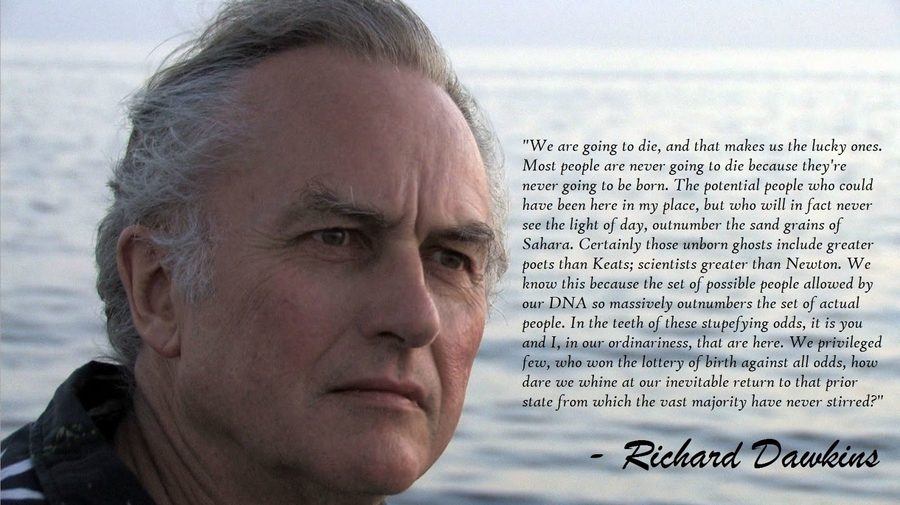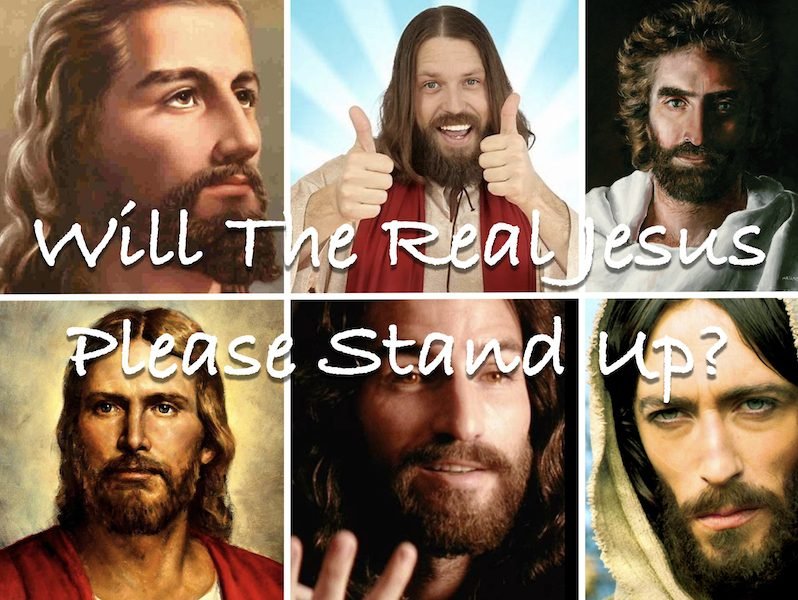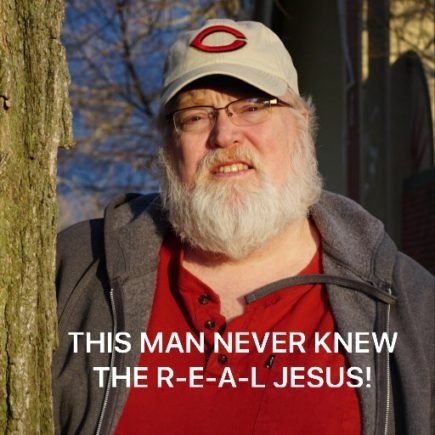
What’s with Evangelical apologists and their insistence that atheists, agnostics, and other unbelievers, are more fearful than Christians? Last week, I wrote about Clay Jones’ assertion that everyone fears death except Christians. I conclusively showed that fearing death is common to the human race, and Christians are in no way exempt from fear.
Last week, faux-historian David Barton was on “Stand in the Gap,” a radio program produced by the American Pastors Network. Barton shared his “expertise” on past epidemics. Speaking of the 1633 smallpox epidemic, Barton stated that Christians during that time didn’t panic because of their belief in God:
But the difference was they were much more grounded with God. As you look across Massachusetts, as you look across the New England areas, so many of those guys had come here on the Bible, on religious liberty. And for them death was, that was a step into eternal life. Today, this is the most secular America has ever been. And so, we’re watching governors and mayors respond out of fear and panic, and shutting down stuff that’s never been shut down before because they’re just scared to death somebody’s going to die. And so, the confidence of courage is really what we don’t see right now nationally.
“Stand in the Gap” host Sam Rohrer added:
But a point you made there, I think is worth touching on. And that is the worldview of people at that time caused them not to panic or to fear because of the fear of death. Because they knew, as we know as believers, that if we are to pass away, we’re only going to step from here into eternity with the Lord. And that’s what we want to do. But for those who do not know the Lord, or have rejected a biblical worldview understanding of God and redemption, they frankly have a reason to fear at these days.
…
Wow. They had reason to fear back there, but they did not because of belief in God.
Barton later added:
So, what we see right now is a fear of death. And we’re seeing people go to excessive extremes because they are scared to death of dying, because this is all they know, is what’s here. They don’t know of an afterlife, they don’t even understand that there will be an afterlife, whether it’s Heaven, Hell, or whatever they choose. It’s their choice through Christ. So that’s one thing that stands out to me is, is the whole culture was built around understanding that you are going to go into eternity. Are you ready to go into eternity? And so, the response is quite different public policy wise. If you’re surrounded with leaders who understand a biblical worldview, what you do is call for days of prayer and fasting, if we can get a hold of God on this and get God to intervene then we can see an end to this.
What evidence do Barton and Rohrer provide for their assertions? None. I see no evidence for the claim that atheists, agnostics, and other non-Christians fear death any more than Christian do. Right-minded people in this time when COVID-19 is infecting and killing people left and right should be fearful that they are next. Feel a cold coming on? Have a fever? Fell achy all over? Have a cough? Is it allergies? Or have you been infected with a deadly virus that has infected more over 1,000,000 Americans, with a death toll that will soon surpass the total deaths in the Vietnam War? Reasonable people would, at the very least, be concerned that they might become infected. And for those of us, Christian or not, with comorbidities, we have every reason to fear that this virus is stalking us, and if it catches us it could kill us.
Barton, Roherer, and Jones would have us believe that certain theological beliefs inoculate Christians from normal human feelings. The promise of life after death and a home in Heaven, according to these apologists, are sufficient to ward off fear. Sure, I can see how such a promise might cause some Christians to deny reality. These very same delusions fuel lifetimes of weekly church attendance. These very same delusions are a catalyst for lifetimes of self-denial. This or that behavior is “sin.” Can’t do that lest I risk losing my home in Heaven. Or so Christians think, anyway.
What do we know about religious people in general? Despite their commitment to God, religious texts, theological constructs, worship, and conforming to exacting standards of conduct, believers are no different from the unwashed, uncircumcised Philistines of the world. And when it comes time to die, religious people fear the unknown just like the rest of us do. Oh, they may hide their fear because that’s what everyone expects them to do, but psychologically they fear the end of the only life they have ever known.
Barton states non-Christians, “are scared to death of dying, because this is all they know, is what’s here.” Are atheists, agnostics, and unbelievers scared to death of dying? I am sure some are. Others resolutely embrace their end. Yes, knowing that the only life we will ever have is coming to an end brings all sorts of feelings. However, are we really “scared” to any greater degree than those who worship the Christian God or some other deity? I think not.
I will soon be sixty-three years old. I have been battling chronic health problems for twenty-four years. I have had several brushes with death, one of which a doctor told thirty-four year old Bruce and his wife, “if your immune system doesn’t kick in, there’s nothing we can do for you.” I had been battling mononucleosis for several months. My primary care doctor missed that I had mono, thinking that I was battling something else. Following course after course of antibiotics with no cure, the doctor ordered a mono test. It came back positive. Several days later, my temperature spiked to 104 degrees, landing me in the hospital. My liver and spleen were swollen, and my immune system was so trashed that my tonsils and adenoids were pure white. Fortunately, my immune system did win the battle. However, as I lay in my hospital bed, my mind pondered dying so young and whether there really was life after death. This was, for me, the first time, I felt my mortality. As a committed Evangelical Christian, I believed that Heaven awaited me on the other side of chilly Jordan. However, I did fear what I did not know. Isn’t that a normal human response to the unknown; to the prospect of impending death? Was I less than Christian for fearing death? I think not.
Zealots such as Barton, Roherer, and Jones need people to believe what they are peddling. Their incomes and lifestyles depend on convincing people that there’s an afterlife, and, as Jesus promised, eternity in Heaven awaits all those who worship the right God. They dare not admit their own fears or doubts lest they are forced to get real jobs. Imagine what would happen to Christian sects and churches if their teachers and leaders admitted their doubts as to life after death. Why, churches would empty out overnight. Without the carrot, there is no reason to endure the stick.
As with most people, I am in no hurry to die. Some days, I am weary from daily battling chronic pain. I have thoughts of eternal darkness without pain; of the peace, comfort, and deliverance the grave brings. But then I think of Polly, our children, and our grandchildren. And in that moment, I am reminded that I have much to live for; that the only life I will ever have is this one. And so I arise and face the day. Death will certainly come for me, sooner than later. But until then, I plan on enjoying life and doing what I can to make this world a better place for others.
Bruce Gerencser, 68, lives in rural Northwest Ohio with his wife of 47 years. He and his wife have six grown children and sixteen grandchildren. Bruce pastored Evangelical churches for twenty-five years in Ohio, Texas, and Michigan. Bruce left the ministry in 2005, and in 2008 he left Christianity. Bruce is now a humanist and an atheist.
Your comments are welcome and appreciated. All first-time comments are moderated. Please read the commenting rules before commenting.
You can email Bruce via the Contact Form.










